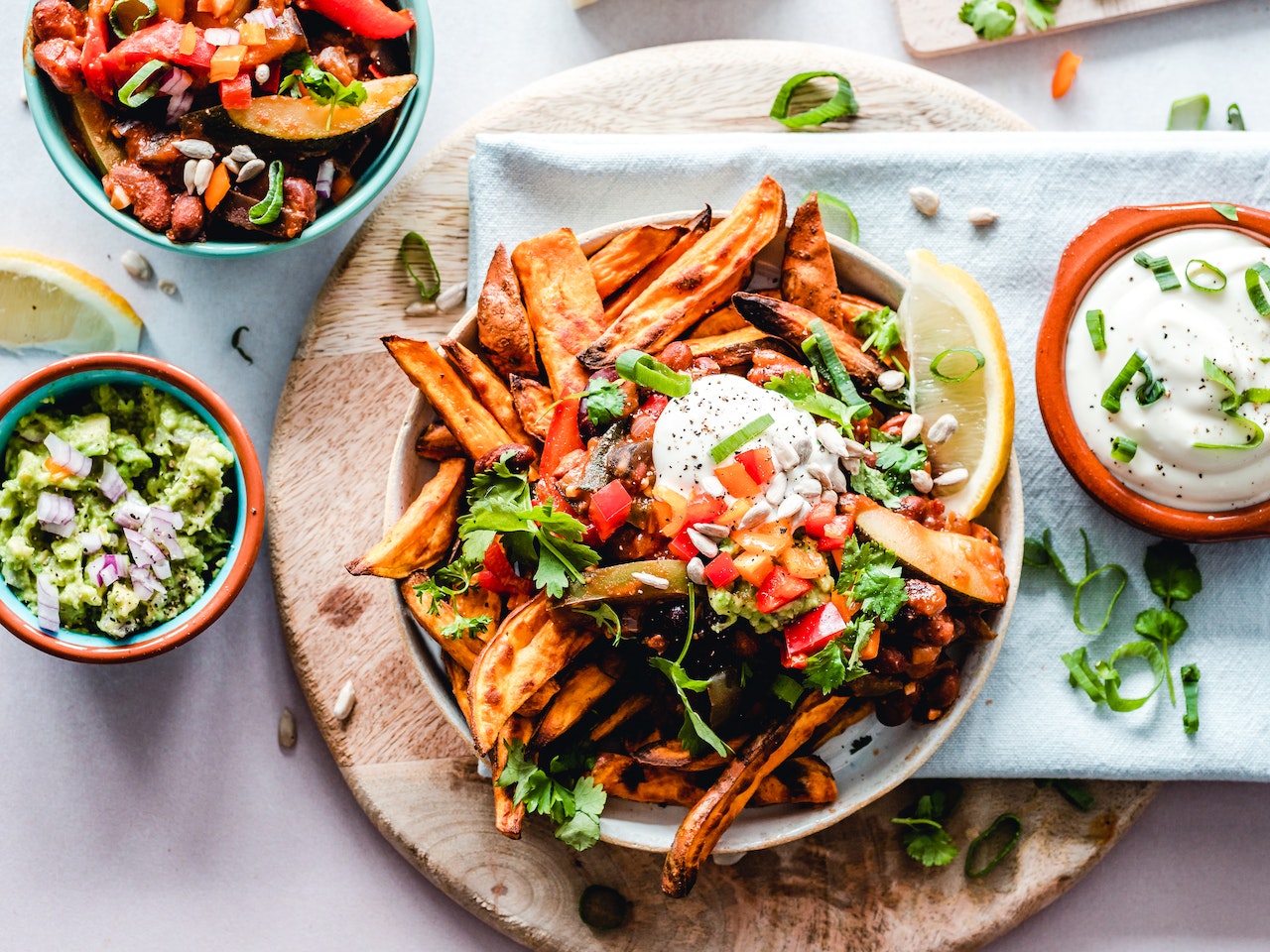With the rising cost of living, the need to tighten our belts financially is increasingly important, especially when it comes to food bills. Food is a necessity that we can’t do without, but there are smart ways to reduce the amount you spend without compromising on quality or nutritional value. From planning your meals ahead of time to making smarter shopping choices, let’s explore how you can cut down your food bill in the UK.
Meal Prep and Planning
Meal prepping is a crucial first step to saving money on food. It entails planning your meals ahead of time, buying the necessary ingredients in one go, and preparing them in advance. This approach minimises the chance of impulse purchases and reduces food waste, as you’re only buying what you need. Consider prepping for a week’s worth of meals at a time to maximise your savings.
Furthermore, by cooking in bulk, you can make several meals at once, thereby saving time and energy costs. Freezing individual portions for later use is a smart way to ensure you always have home-cooked meals ready to go, reducing your reliance on pricey takeaways and ready meals.
Smart Shopping Strategies
When grocery shopping, plan your visit according to your list and try to stick to it. This helps reduce impulse buying, which can considerably inflate your food bill. Be sure to compare prices, keeping an eye out for store-brand alternatives which often offer the same quality as big brand names at a fraction of the price.
Take advantage of loyalty programmes offered by supermarkets such as Tesco’s Clubcard or Sainsbury’s Nectar. These reward points can be redeemed against your food bill, leading to significant savings over time. Additionally, use cashback apps like TopCashBack or Quidco, which can provide a percentage of your purchase price back.
Embrace ‘yellow-sticker’ bargains. Many UK supermarkets reduce the price of fresh items nearing their ‘use-by’ dates towards the end of the day. These can be perfect for your meal-prep days – you can cook the food immediately or freeze it for later use.
Consider shopping online. This not only saves travel costs and time but also allows you to compare prices more easily across different stores. Online shopping can also make it easier to avoid impulse buys, as you can’t be tempted by enticing displays as you can in-store.
Nutritious, Cost-Effective Foods
Another key to reducing your food bill lies in the types of food you buy. Nutritious, versatile, and affordable items include whole grains (like brown rice and oats), legumes (beans, lentils), frozen fruits and vegetables, eggs, and canned fish (tuna, sardines). These can form the base of countless healthy and budget-friendly meals.
Eating vegetarian or vegan meals a few times a week can also help you cut costs, as meat and dairy products tend to be among the most expensive food items. Look to lentils, beans, and tofu as cost-effective, protein-rich alternatives.
Grow Your Own
If you have a garden, balcony, or even a sunny windowsill, consider growing some of your own food. Herbs, lettuce, tomatoes, and peppers can all be grown in pots, and a small investment in seeds can yield substantial savings over time. This is also a great way to ensure you have fresh, organic produce without the high supermarket price tag.
Reduce Waste
The average UK household wastes a staggering amount of food each year. Reducing this waste is not only good for your wallet but also for the environment. Meal planning comes into play here, but also consider creative ways to use up leftovers. Make soups or stews, or freeze for later use. Vegetable scraps can be used to make nutritious broths, while leftover meats can be incorporated into salads or stir-fries. Stale bread can be turned into breadcrumbs, croutons, or even a delicious bread and butter pudding!
Utilising Your Freezer
The freezer is your friend when it comes to saving money on food. Apart from freezing meal-prepped dishes, you can also freeze bread, milk, and many types of fresh produce. When you find a good deal on a bulk purchase, or have an abundance of fresh fruits or vegetables that are about to spoil, freezing can prolong their life and reduce waste.
Buy Seasonally
Buying fruits and vegetables in season can save you a lot of money. They’re usually cheaper, more abundant, and more flavourful. In the UK, for instance, strawberries are abundant in the summer and are far cheaper than in the winter months when they’re imported. Plan your meals around what’s in season to maximise savings and enjoy the best-tasting produce.
Batch Cooking and DIY
Cooking in large batches can save you time and money. Whether it’s a huge pot of chilli, a hearty casserole or a simple pasta sauce, these dishes can be portioned out and frozen for future meals. Similarly, consider making your own snacks and treats at home. Pre-packaged snacks can add a surprising amount to your food bill, but homemade alternatives are often cheaper and healthier.
Dine-In, Don’t Dine Out
While dining out or ordering takeaways is convenient and enjoyable, it’s also significantly more expensive than cooking at home. Try to limit these treats and instead recreate your favourite restaurant meals at home. There are countless recipes available online to help you with this.
Conclusion
Reducing your food bill doesn’t mean compromising on the quality or enjoyment of your meals. With a little planning and creativity, you can enjoy nutritious, delicious food for less. In these challenging times, it’s more important than ever to save where we can. So, take on board some of these tips, make some changes to your shopping habits, and you’ll soon see a positive impact on your food bill – and likely your health, too. Happy saving, and even happier eating!

The Perils of Career Comparison: A Journey, Not a Race
In the world of social media, where everyone’s highlight reel is on display, it’s easy to fall into the trap



